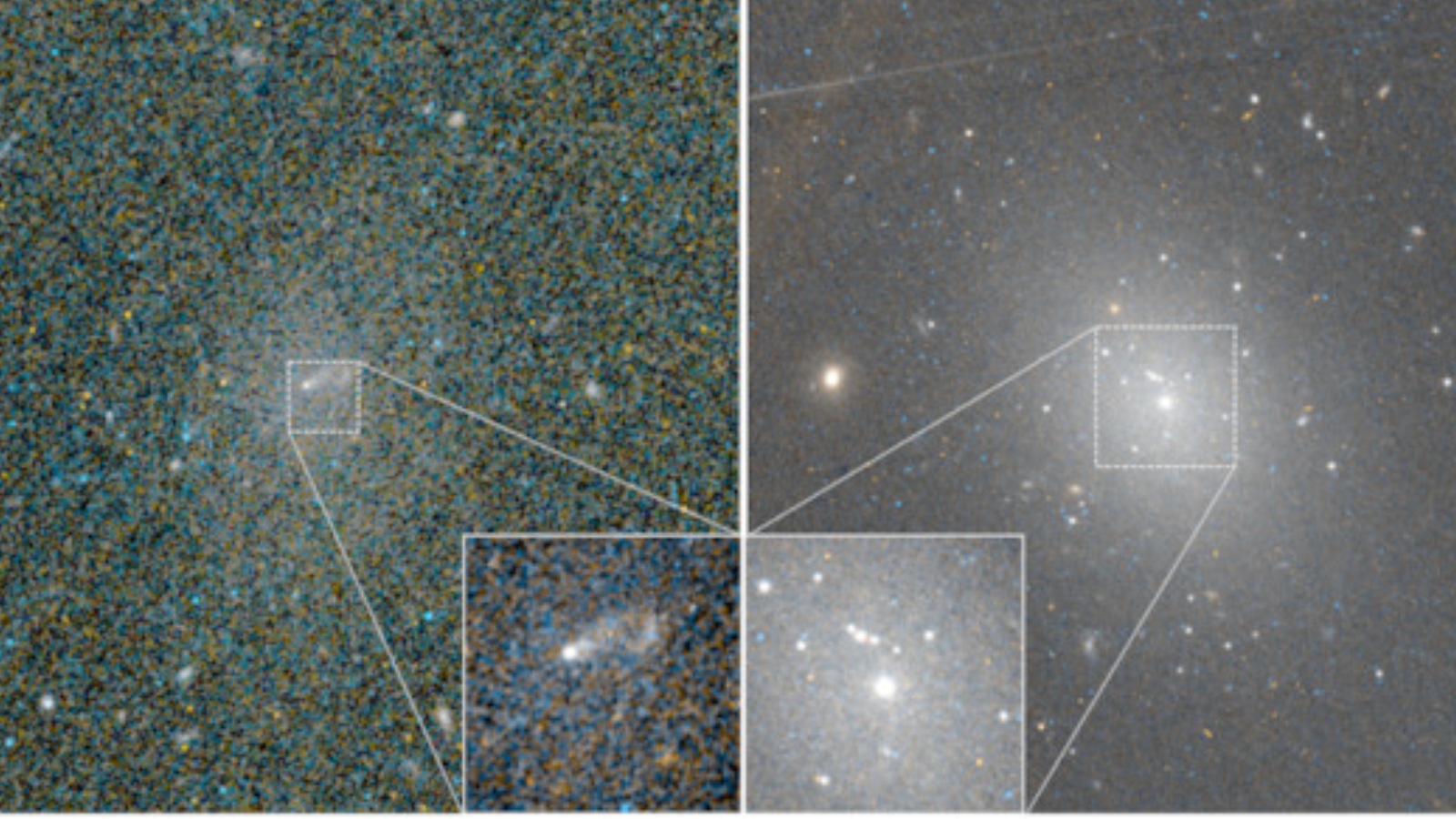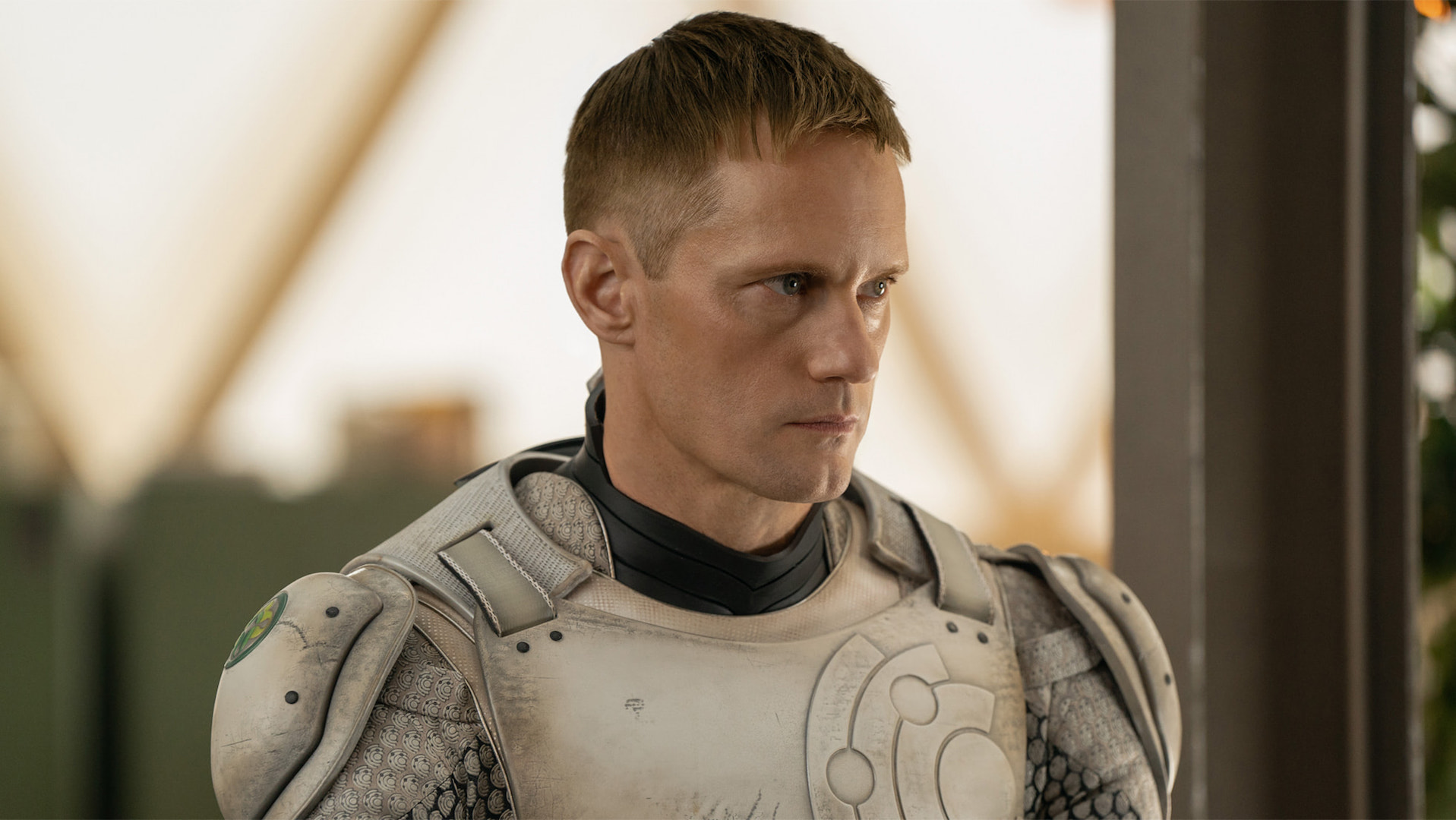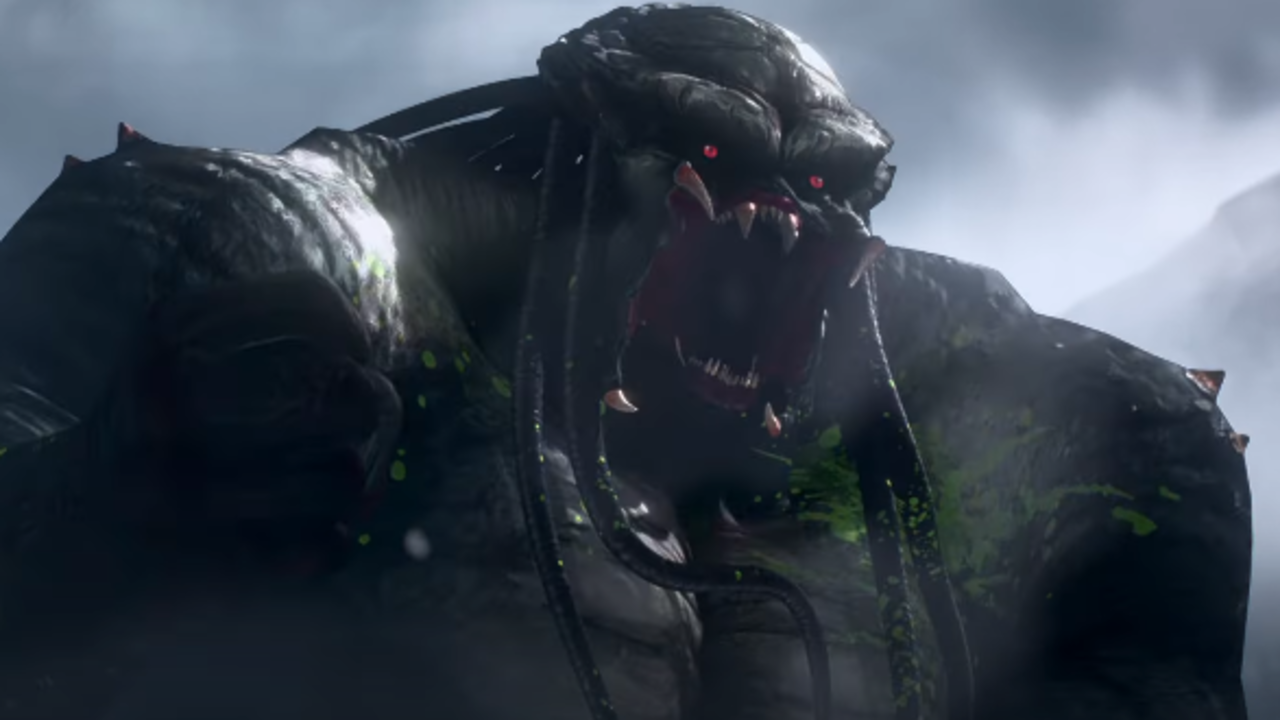Doctor Who 'Empire of Death': Why is Ruby Sunday so important?
Why does the companion's origin story possess enough power to defeat a god?

Ever since we met companion Ruby Sunday (Millie Gibson) in Christmas Day episode "The Church on Ruby Road," there's been a big question at the heart of "Doctor Who:" who was the mysterious figure who abandoned the newborn Ruby on Christmas Eve 20 years earlier?
Luckily, season finale "Empire of Death" supplies plenty of answers, as it turns out the mystery is big enough to pique the interest of a god with the power to wipe out life as we know it.
Here's why Ruby Sunday is so important to the fate of the universe — and why her origin story has the power to scare the mighty Sutekh.
Disney Plus is now the international home of "Doctor Who." That means that viewers outside the U.K. can watch new "Doctor Who" episodes on the streamer — as well as the three David Tennant-starring 60th anniversary episodes, and Ncuti Gatwa's first full outing as the Time Lord, "The Church on Ruby Road".
Episodes debut on Disney Plus at the same time they appear on BBC iPlayer.
What is Sutekh's big plan?
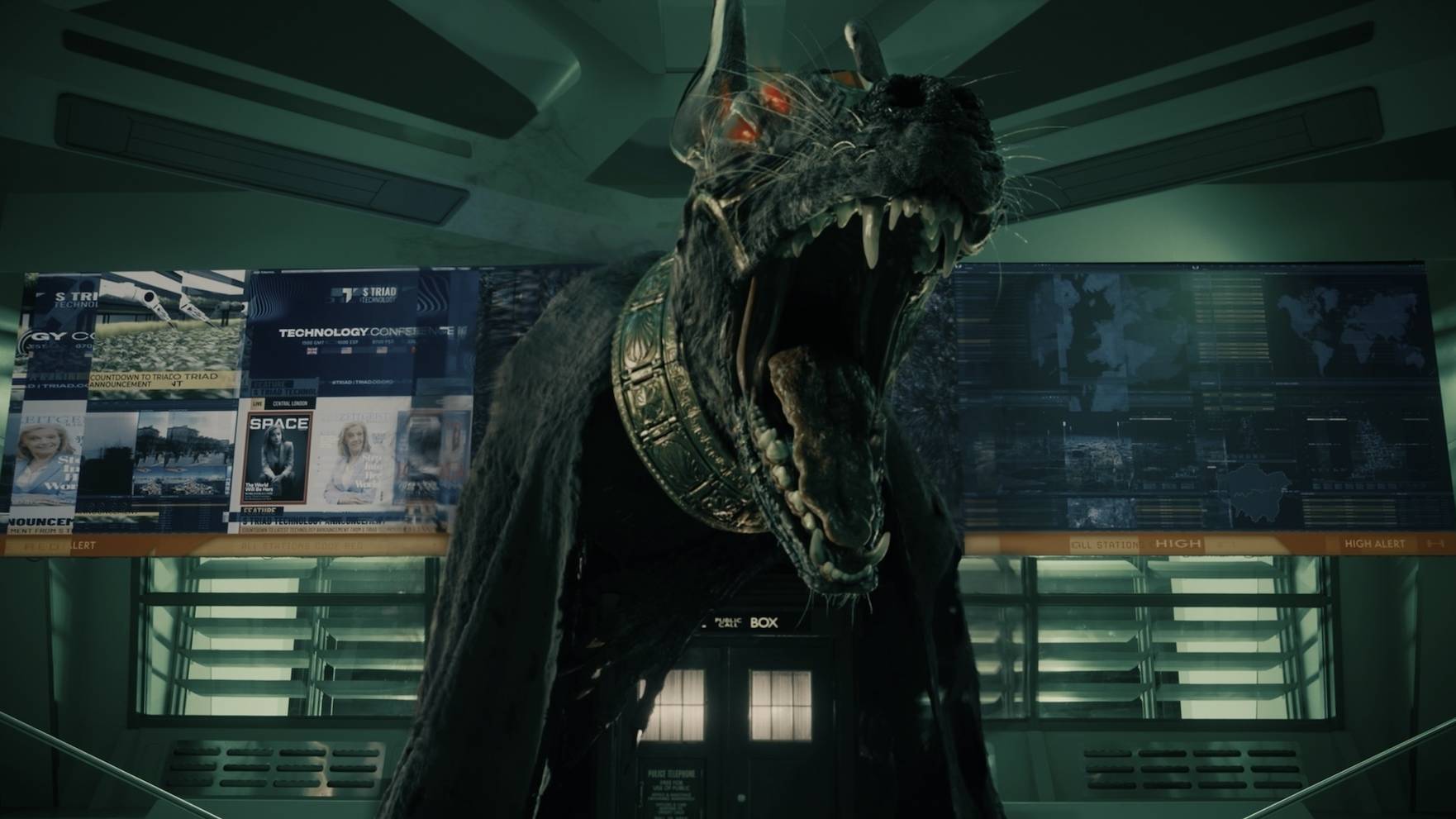
In short, Sutekh wants to wipe out all life in the universe — so kind of a big deal.
The Doctor ranks Sutekh as "the greatest monster I have ever fought," and this dog-faced god comes close to justifying the hype. Although the Time Lord thought he'd defeated this powerful foe by casting him into the time vortex in 1911 (see 1975 Fourth Doctor adventure "Pyramids of Mars"), Sutekh survived by clinging on to the TARDIS. The unwanted hitchhiker subsequently followed the Doctor on his many excursions through time and space.
Along the way, Sutekh focused his mind to create a whole new person everywhere the Doctor landed. This legion of purpose-built angels of death were then in prime position to unleash universal Armageddon whenever he decides the time is right.
Sutekh also exploited the TARDIS's in-built perception filter (which, intriguingly, operates at a range of 73 yards) to evade detection, and help the Susan Triad doppelgangers (played by Susan Twist) seamlessly blend into their surroundings. "Perception means that she fitted in," explains the Doctor. "She had character, she had history, she had truth." And, because Doctor is such a frequent visitor to Earth, the idea of this woman has grown to the extent that, by 2024, she's become a world-famous tech billionaire.
Get the Space.com Newsletter
Breaking space news, the latest updates on rocket launches, skywatching events and more!
So, having bided his time for centuries, Sutekh's patience is rewarded when he and his minions turn all life in the universe to dust — and because the Doctor is so well-travelled, no world (not even the Daleks' home planet, Skaro) is immune from his wave of destruction.
Someone has survived, however…
Why is Sutekh, a god with the power to wipe out all life in the universe, so obsessed with Ruby Sunday?

"The universe stands silent in death," crows Sutekh as he looks out at his anti-creation. "Yet one thing persists. One thing keeps living, despite me."
The Doctor, perhaps? "[It's] greater than him. A secret the child [Ruby] carries with her."
Yes, it turns out that the season's big mystery — the identity of the hooded figure who abandoned the newborn Ruby at the church on Ruby Road in the show's Christmas Day episode — has also captivated a deity. Because although Sutekh can behold all of time and space — and was present on that fateful night — he can't work out who the mysterious woman is. Needless to say, it's driving him mad, and his apocalyptic scheme won't be complete until he's solved the riddle.
Ruby and the Doctor are able to turn Sutekh's obsession to their advantage, and — by pretending they have the answers he seeks — they distract him long enough to reclaim the TARDIS. They then drag him through the time vortex, restoring the universe, before banishing the troublesome god into nothingness.
How do the Doctor and Ruby finally identify the hooded figure in the video?
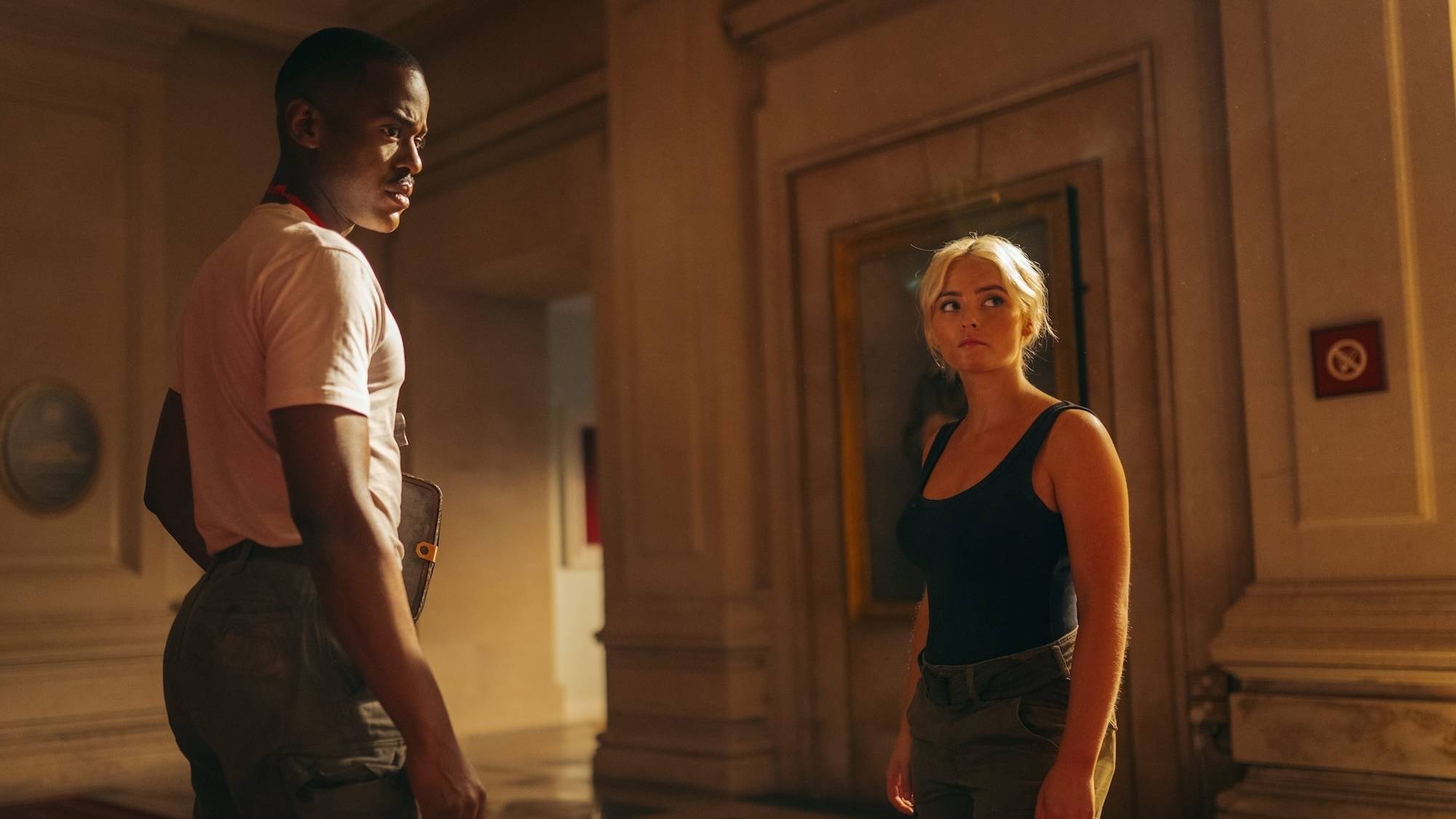
A screen linked to Ruby's memories via UNIT's time window leads them to the Earth of 2046. Although Ruby can't consciously recall the parallel timeline of "73 Yards," it's no accident that this is where (or when) she encountered Roger ap Gwilliam, "the most dangerous prime minister in history."
It turns out that ap Gwilliam's xenophobic regime instigated a policy of compulsory genetic testing, allowing the Doctor to cross-reference Ruby's DNA with the government's vast database. Once they've returned to UNIT in the restored 2024, it's fairly straightforward for tech genius Morris Gibbons (Lenny Rush) to track down Ruby's mother in the present.
What makes Ruby's birth mother so special?

Louise Alison Miller is simply an ordinary 35-year-old human woman. Aged 15, she kept her pregnancy a secret and — rather than raising her baby in a household where her "stepfather was trouble" — made the impossible decision to leave the newborn Ruby in that aforementioned churchyard. She went on to attend university and became a nurse.
So on the face of it, there's nothing particularly special about her — aside, of course, from the fact she's Ruby's mum.
Have we seen the last of Ruby Sunday?

At the end of "Empire of Death," Ruby is getting to know Louise and all set to continue her adventures in the TARDIS. Then she receives a message telling her that her birth father has been found. She instantly puts her travel plans on hold, and shares a tearful farewell with the Doctor.
But even though a new companion (played by "Boom"'s Varada Sethu) has already been announced, Ruby Sunday will return.
"This is a pause," showrunner Russell T. Davies confirmed on companion show "Doctor Who: Unleashed." "I genuinely felt Ruby's story paused there because she couldn't get all that information about her family, and all that emotional overload, and run off in the TARDIS. [But] she's coming back. A new companion's coming in, but you'll see the three of them together, three people in this TARDIS fighting evil. There's really crucial stories for Ruby to come."
Related: Doctor Who companions ranked worst to best
What does Mrs Flood have to do with it all?
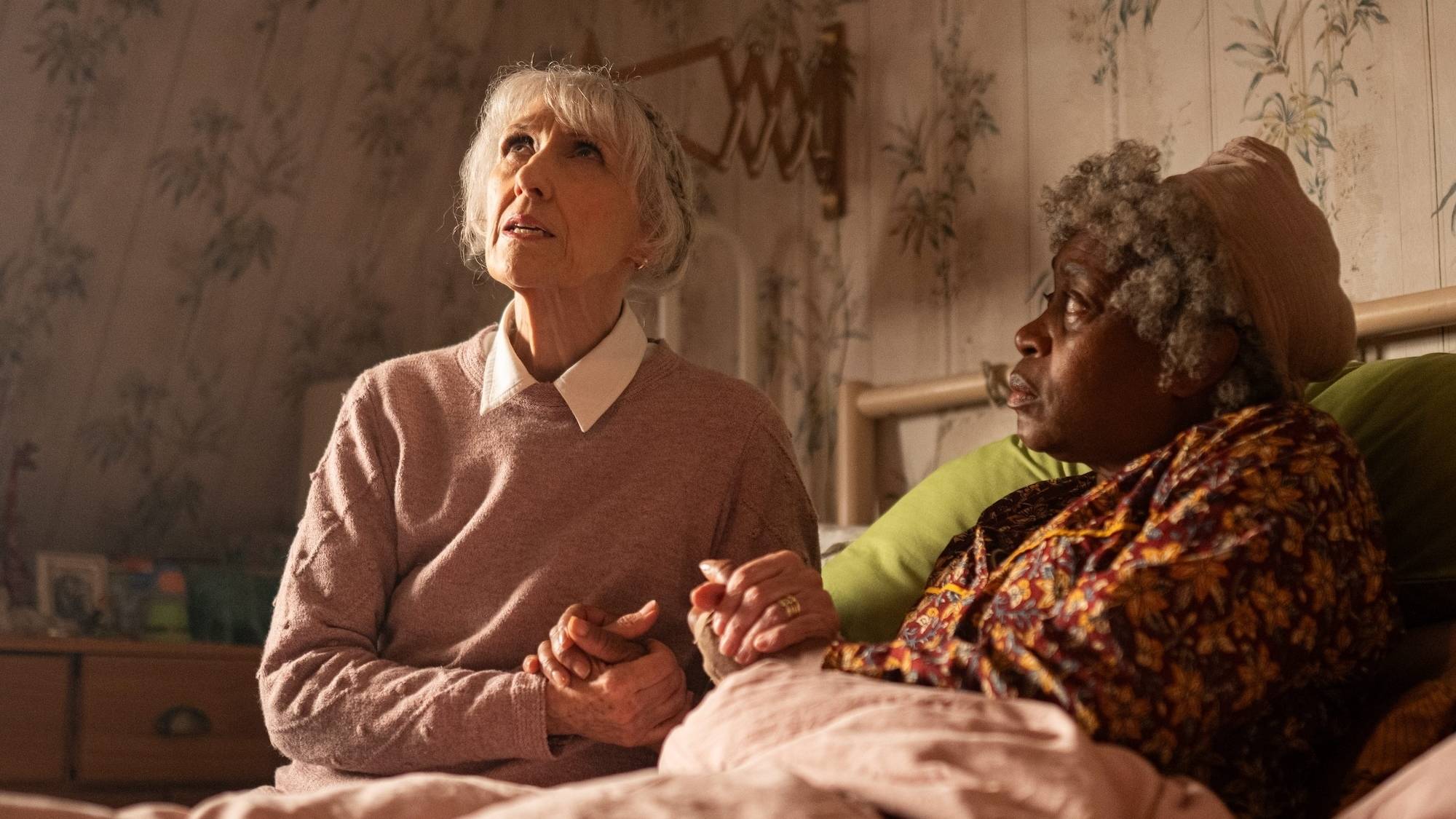
That's a question that will linger well beyond this season, but it surely can't be a coincidence that Mrs. Flood (Anita Dobson) lived on the same road as the Sundays. After all, this fourth wall-breaking character has already demonstrated prior knowledge of the TARDIS. Her response to an imminent, Sutekh-sanctioned dusting is also seriously weird:
"I'm sorry, you tiny little woman," she tells Cherry Sunday. "I'm so, so sorry it ends like this. I had such plans…"
Then there's her mysterious commentary at the end of the episode:
"But life goes on, doesn't it? Ruthlessly. And what happens, you might wonder. What happens to that mysterious traveler in time and space known as the Doctor? I'm sorry to say his story ends in absolute terror. Night night."
Let the speculation commence…
Every episode of "Doctor Who" season 1 is available on BBC iPlayer in the UK and Disney Plus elsewhere in the world. Check out our guide to watching new "Doctor Who" episodes for more info.
Join our Space Forums to keep talking space on the latest missions, night sky and more! And if you have a news tip, correction or comment, let us know at: community@space.com.
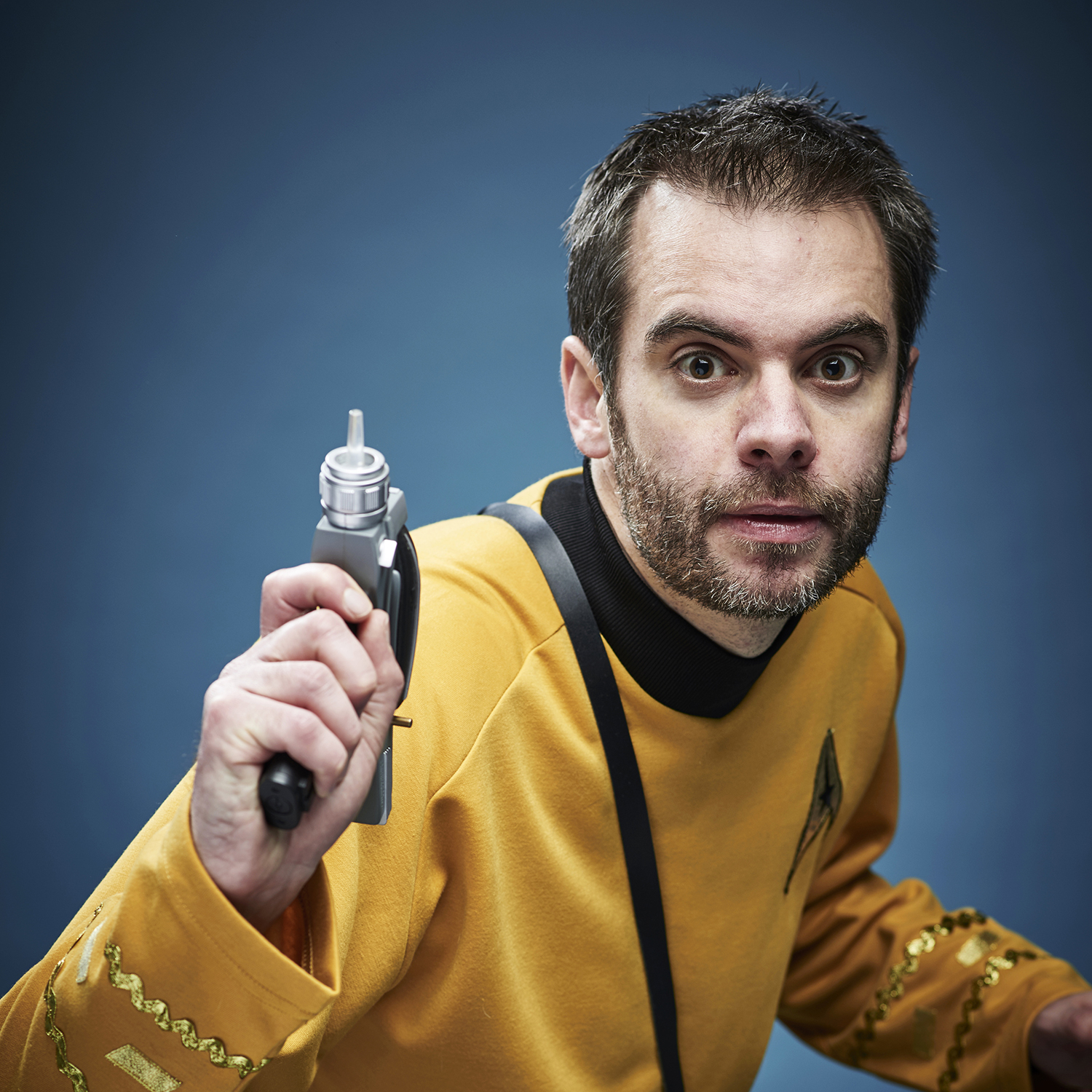
Richard's love affair with outer space started when he saw the original "Star Wars" on TV aged four, and he spent much of the ’90s watching "Star Trek”, "Babylon 5” and “The X-Files" with his mum. After studying physics at university, he became a journalist, swapped science fact for science fiction, and hit the jackpot when he joined the team at SFX, the UK's biggest sci-fi and fantasy magazine. He liked it so much he stayed there for 12 years, four of them as editor.
He's since gone freelance and passes his time writing about "Star Wars", "Star Trek" and superheroes for the likes of SFX, Total Film, TechRadar and GamesRadar+. He has met five Doctors, two Starfleet captains and one Luke Skywalker, and once sat in the cockpit of "Red Dwarf"'s Starbug.







